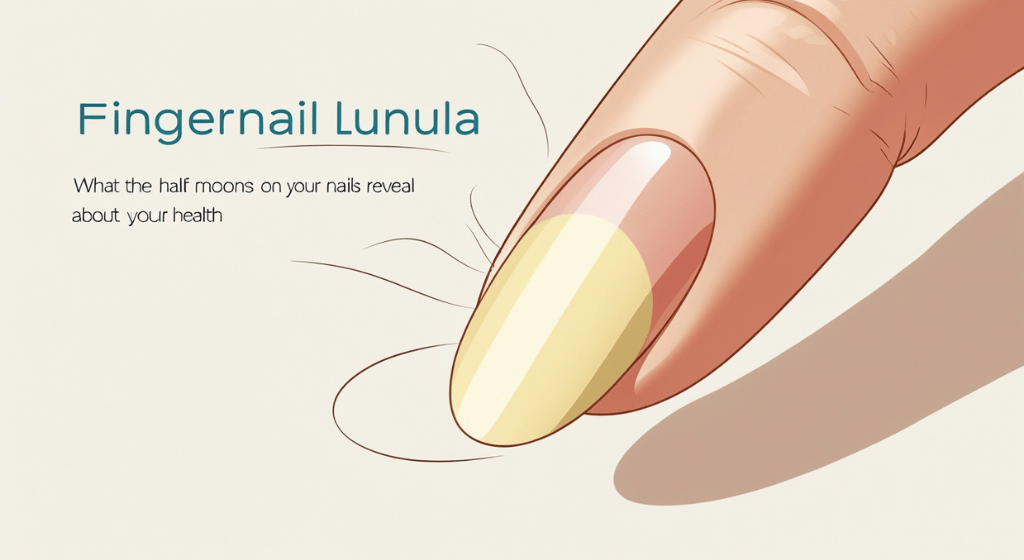Ladies with Facial Hair: Take Note of What It Signifies!
The emergence of chin hair in women can be a source of considerable frustration, often attributable to medical factors. Below, we outline the primary causes of chin hair growth in women and explore potential treatment approaches.
Causes of Chin Hair Growth in Women:
- Hormonal Changes:
Hormonal fluctuations during significant life stages, such as puberty, pregnancy, and aging, play a pivotal role in chin hair growth for women. Pregnancy, for instance, can elevate testosterone levels, leading to the development of thick chin hair. Menopausal changes, marked by decreased estrogen and sustained testosterone production, may also contribute to increased androgen levels and masculine symptoms. - Medications:
Certain medications, including testosterone injections, cyclosporine, or minoxidil, can disrupt hormonal balance, resulting in unwanted chin hair growth. - Polycystic Ovary Syndrome (PCOS):
Women with PCOS, or a genetic predisposition to it, may experience the growth of dense facial hair due to elevated androgen levels. PCOS is characterized by irregular menstruation, heavy bleeding, and excessive body hair growth, particularly on the chin. - Obesity:
The correlation between weight and testosterone levels in women suggests that obesity may contribute to increased androgen production, fostering chin hair growth. Additionally, heightened fat levels in the abdominal area can elevate insulin resistance, further exacerbating the situation. - Hormonal Disorders:
Dysfunctions in the pituitary and adrenal glands, integral components of the endocrine system, can lead to imbalances in hormone levels and subsequent facial hair growth. Sudden, dense hair growth warrants prompt medical consultation to address potential underlying issues. - Genetic Factors:
Genetic predispositions and individual and racial variations can also contribute to cases of thick chin hair in women.
Treatment of Chin Hair Growth in Women:
If sudden and rapid chin hair growth occurs, consulting a doctor for thorough tests is crucial to rule out serious medical causes. Treatment options include:
- Medical Intervention:
Addressing gland defects, medication-related issues, or ovarian cysts may involve prescribed medications to restore hormonal balance. - Lifestyle Changes:
Adopting a healthy lifestyle, including maintaining a balanced diet, regular exercise, and consumption of nutrient-rich foods, can help regulate hormonal balance and overall well-being. - Cosmetic Options:
For temporary or hereditary factors, cosmetic treatments such as waxing, threading, or laser hair removal can be considered to manage excess hair growth effectively.
In conclusion, understanding the root causes of chin hair growth in women enables targeted treatment approaches tailored to individual circumstances, promoting both physical and emotional well-being.



